With Monster Hunter Wilds set to launch in just a few weeks, Capcom has rolled out a PC benchmark tool to help players gauge their system's readiness. In a surprising move, the company has also lowered the official PC system requirements, making the game more accessible to a broader range of hardware setups.
As revealed during the recent Capcom Spotlight, the PC benchmark for Monster Hunter Wilds is now available on Steam. Once launched, the tool requires some time to compile shaders, but overall, it's user-friendly and provides valuable insights into your system's performance. It's highly recommended to run this benchmark, especially if you're eager to understand how the updated system requirements might influence your gaming experience.
Previously, to achieve 1080p resolution at 60 frames per second (with Frame Generation enabled), the game demanded high-end hardware like an Nvidia GeForce RTX 2070 Super, NVIDIA GeForce RTX 4060, or AMD Radeon RX 6700XT graphics card; an Intel Core i5-11600K, Intel Core i5-12400, AMD Ryzen 5 3600X, or AMD Ryzen 5 5500 CPU; and 16 GB of RAM.
However, an updated page accompanying the benchmark shows that Capcom has adjusted the requirements downwards. The new Recommended specifications for running the game at 1080p (FHD) with 60 frames per second and Frame Generation enabled are as follows:
- **OS:** Windows 10 (64-bit required) / Windows 11 (64-bit required)
- **Processor:** Intel Core i5-10400 / Intel Core i3-12100 / AMD Ryzen 5 3600
- **Memory:** 16 GB
- **Graphics Card (GPU):** GeForce RTX 2060 Super / Radeon RX 6600 (8 GB VRAM)
- **Storage:** 75 GB (SSD required)
According to Capcom's site, these updated requirements should allow Monster Hunter Wilds to run smoothly at 1080p and 60 frames per second with Frame Generation enabled. The reduction in hardware demands, while modest, is certainly noteworthy.
All Monsters in Monster Hunter Wilds
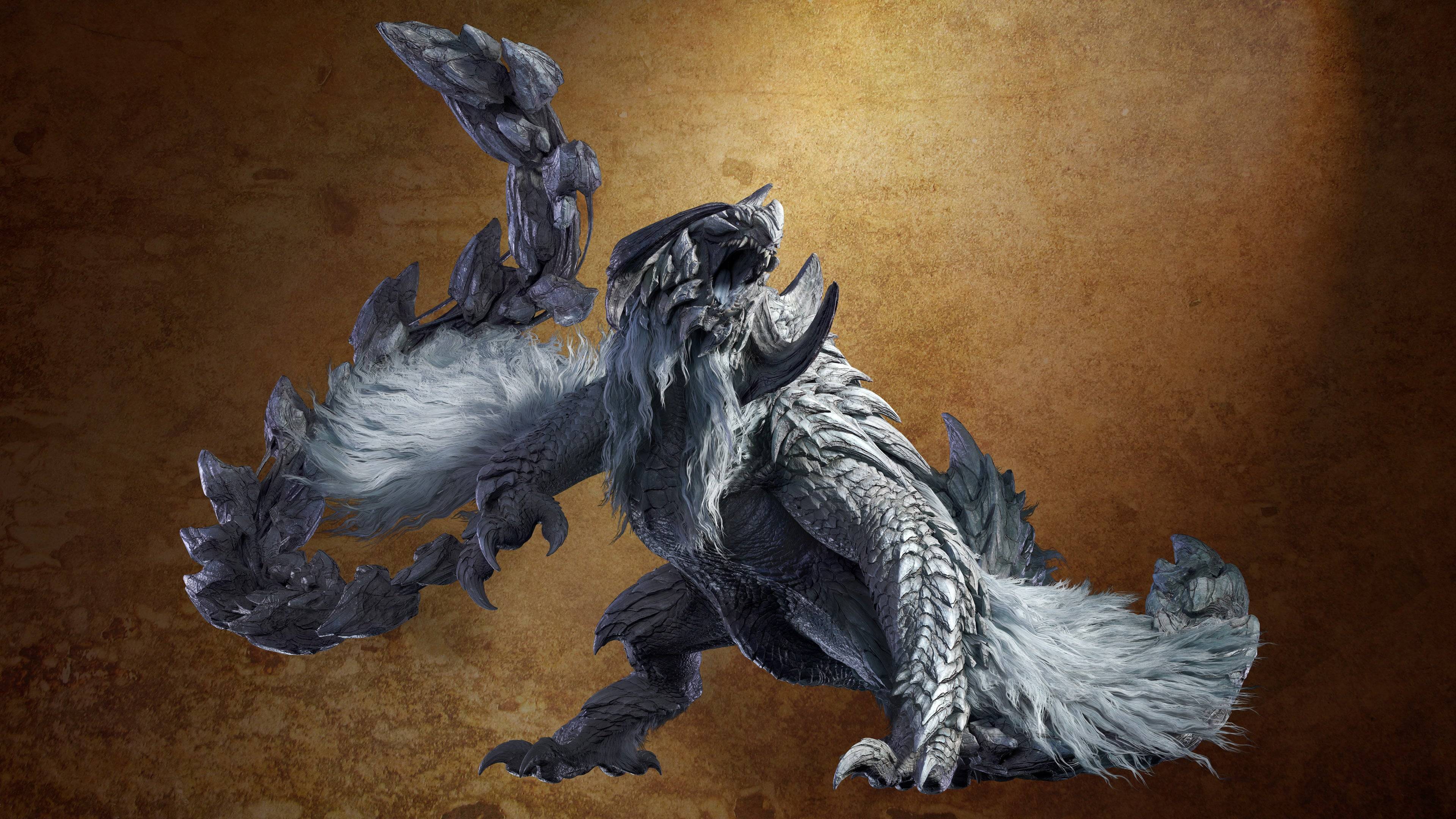
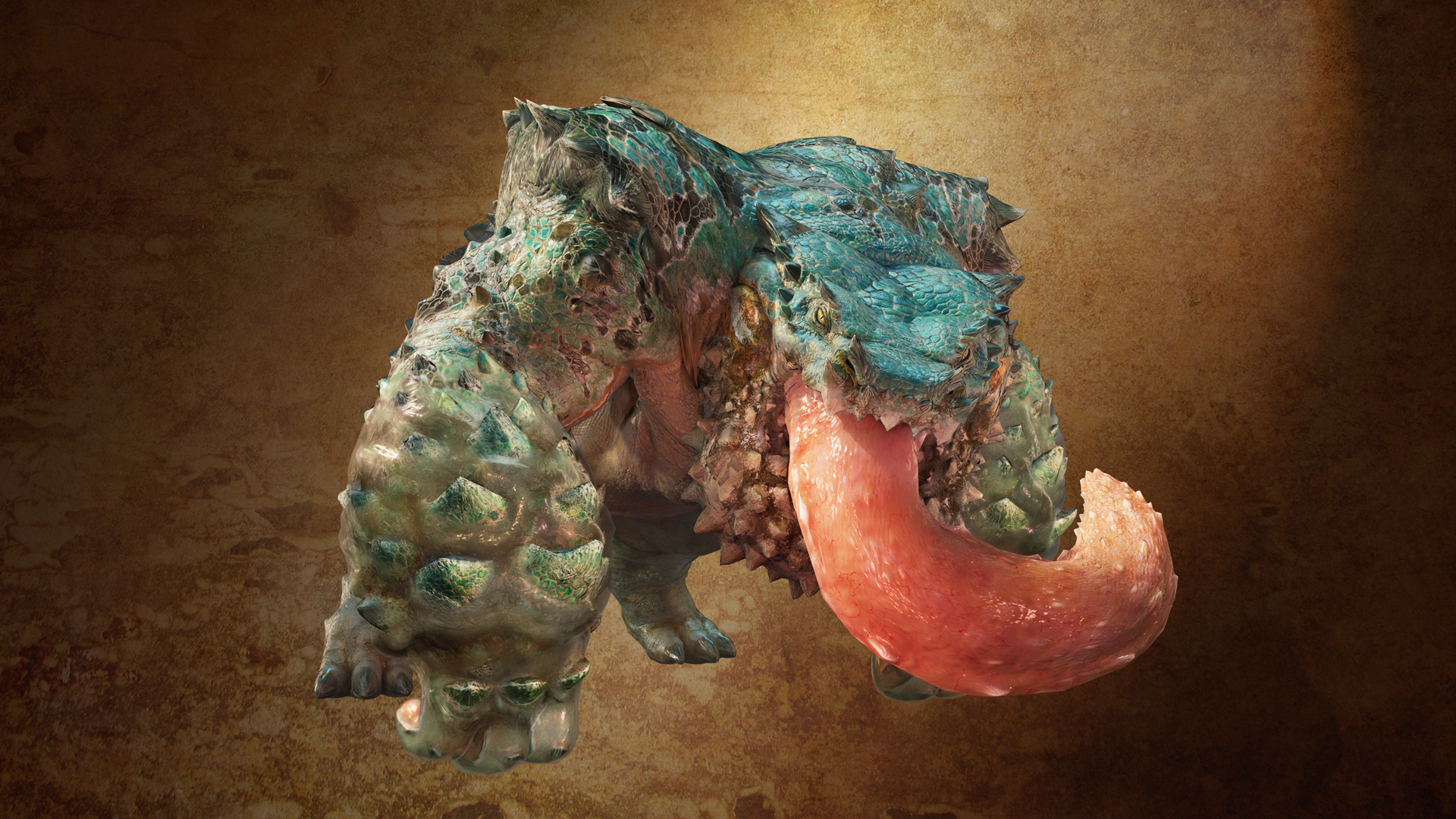
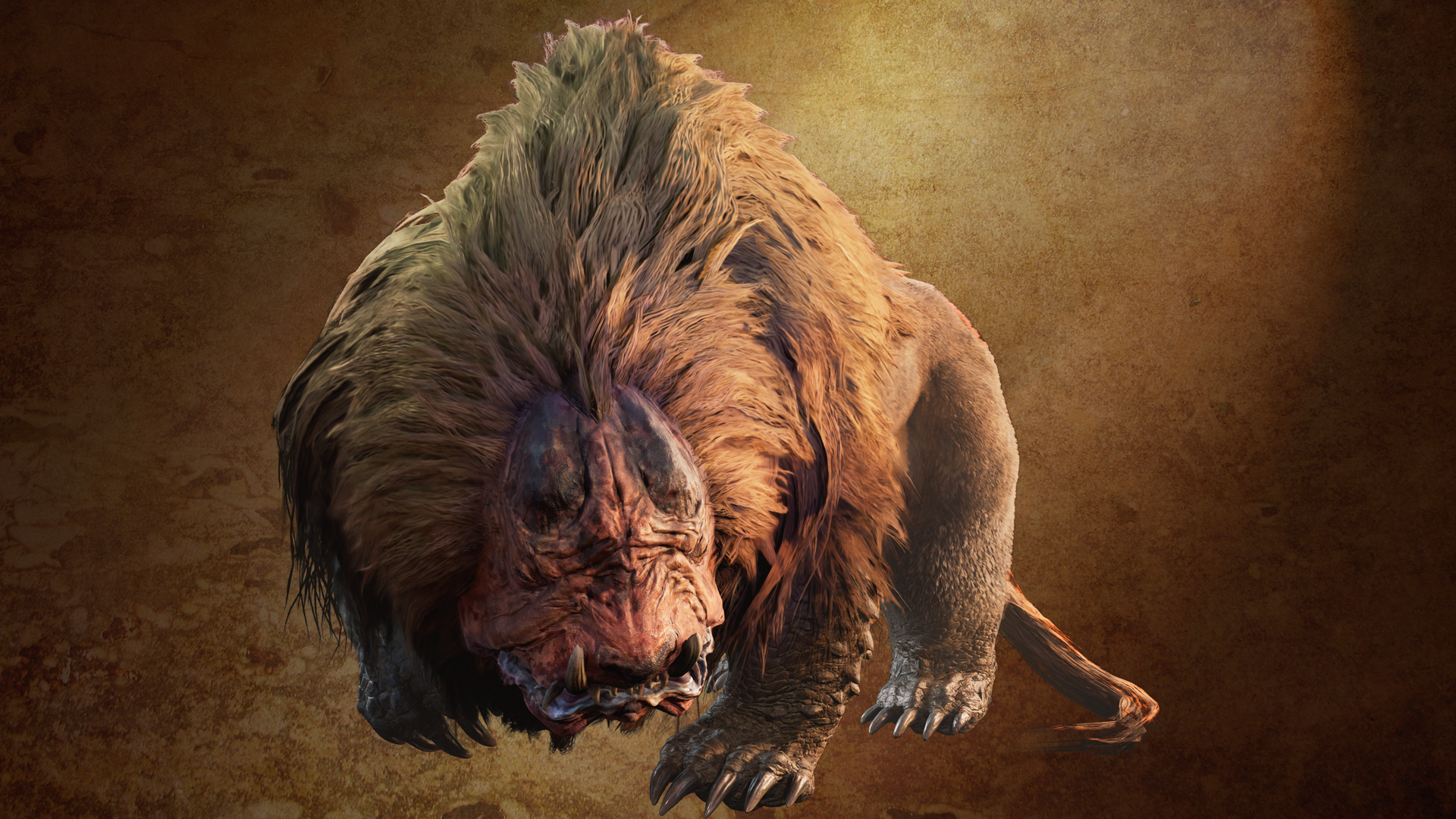
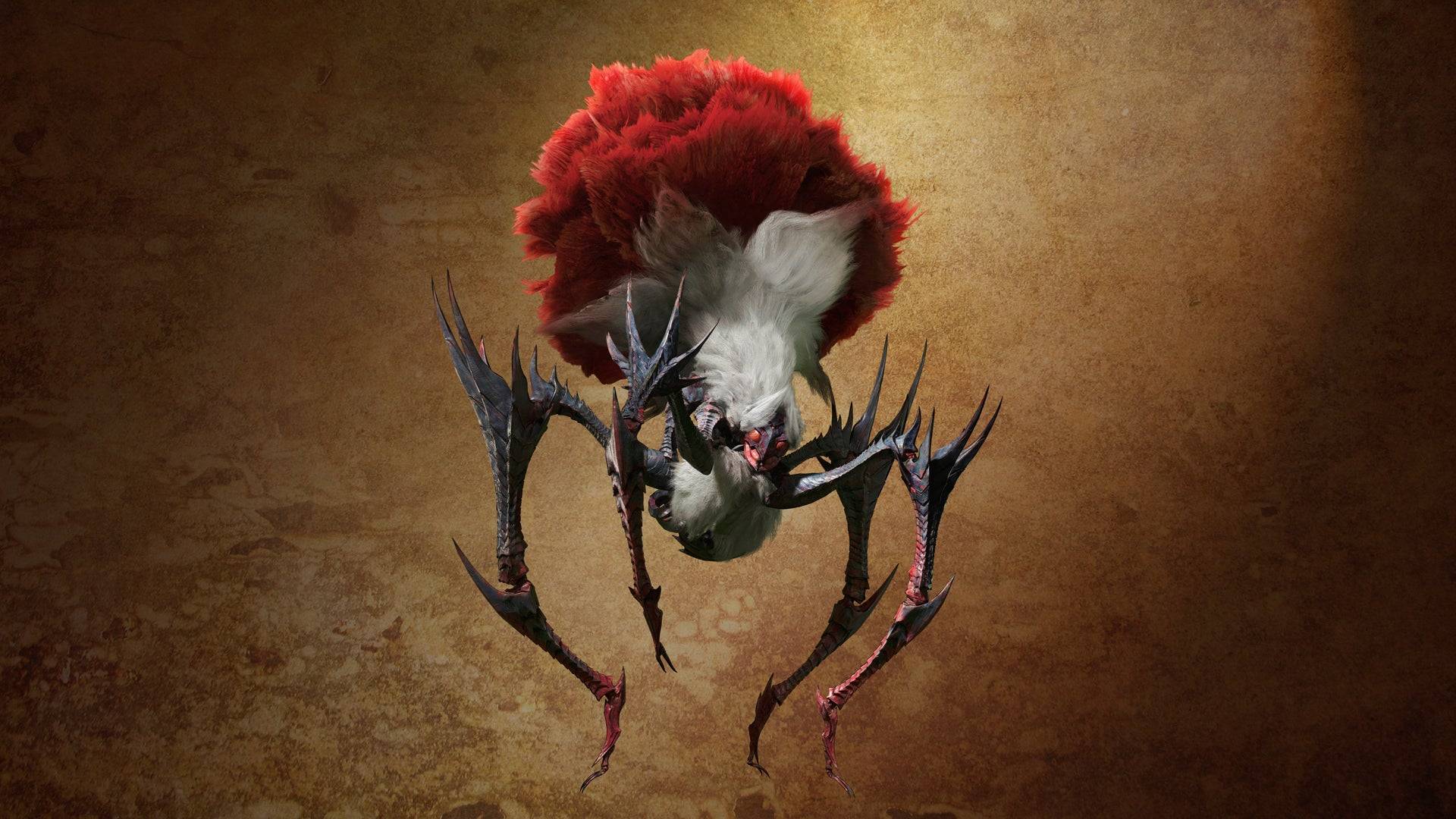
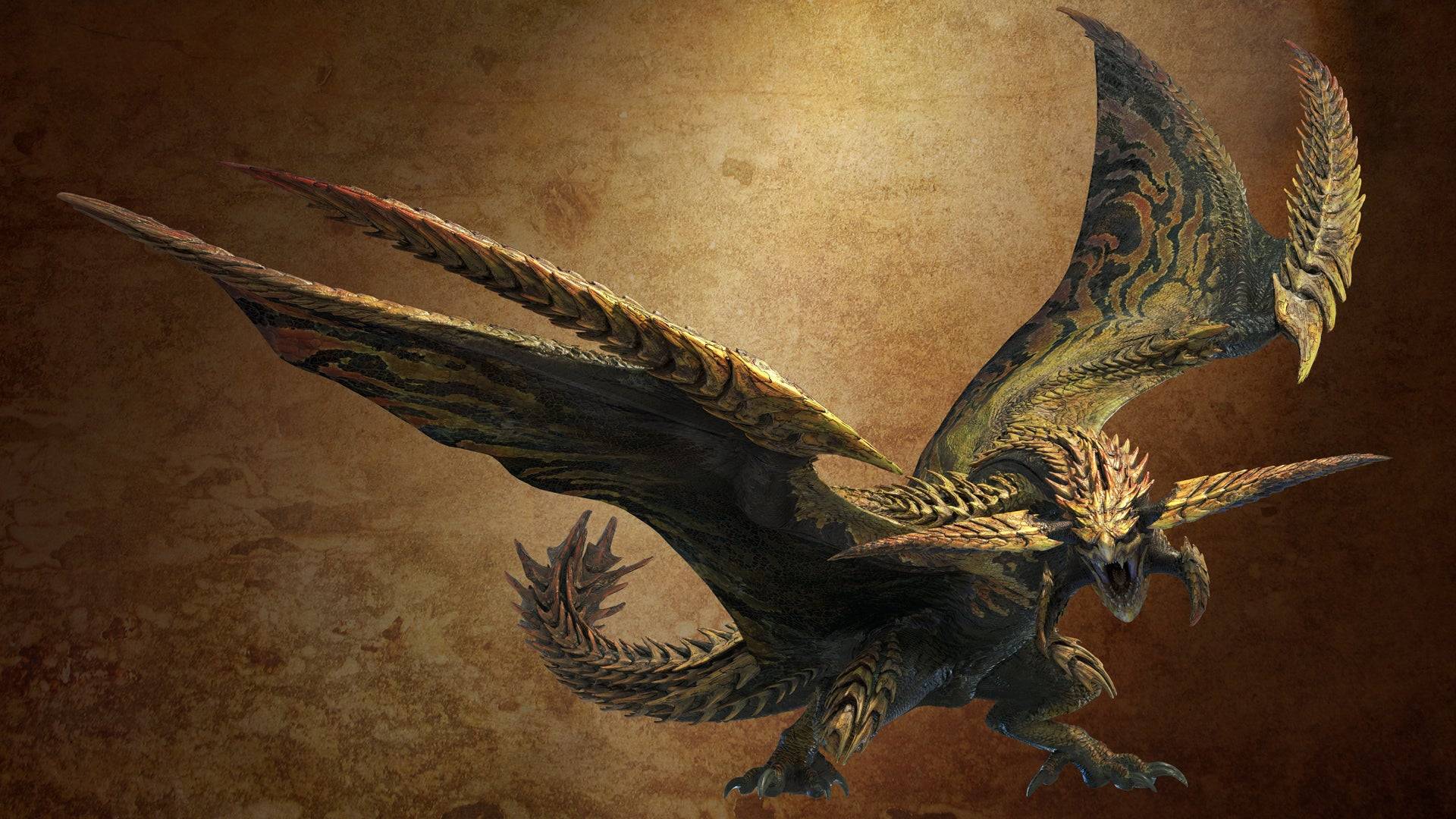
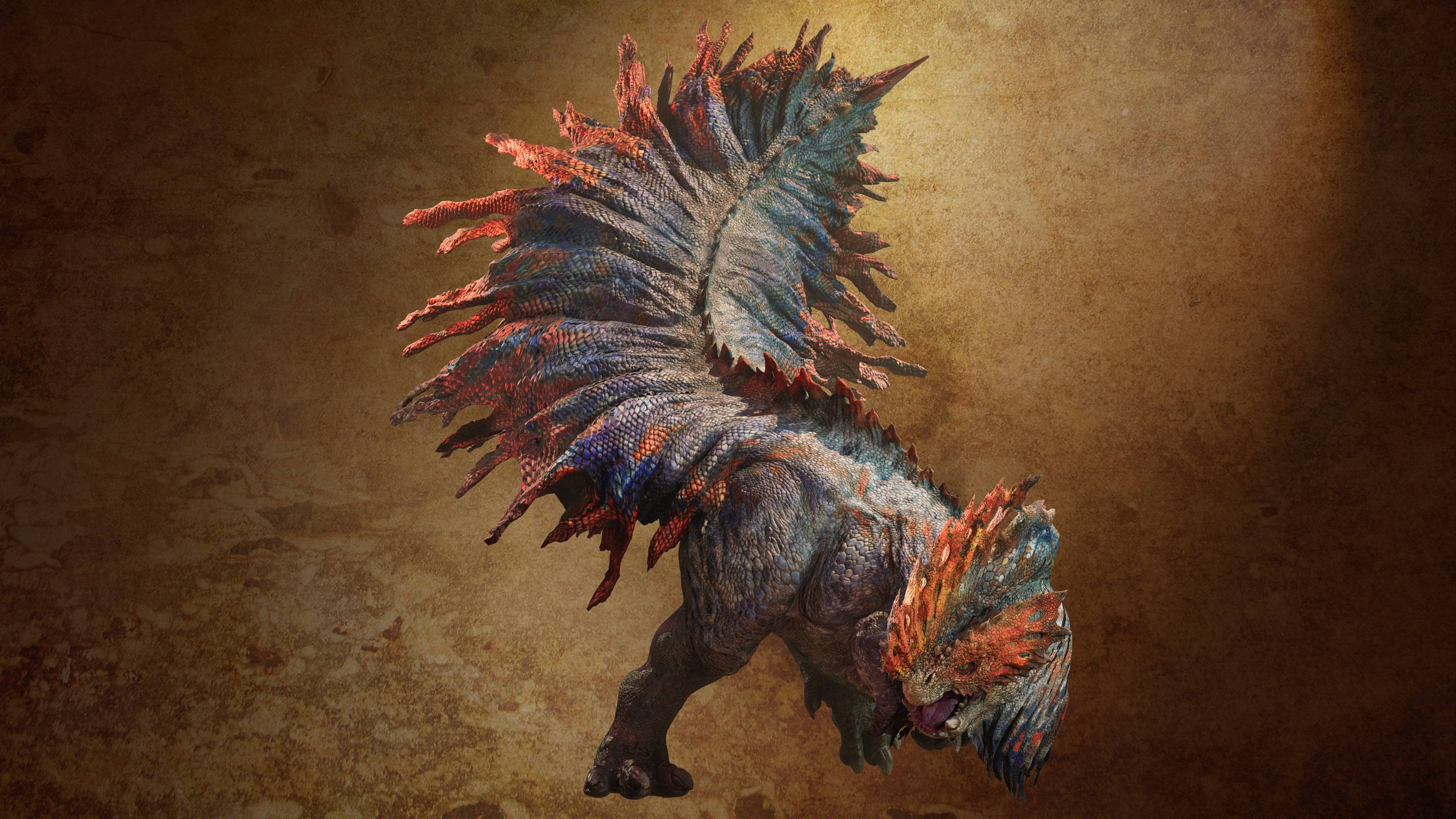
Early user feedback on the benchmark suggests improved performance compared to the beta test, particularly when Frame Generation is enabled. However, it appears that the Steam Deck might not be up to the task; while my gaming rig easily met the benchmark's standards, my attempt on the Steam Deck yielded less favorable results.
Another significant change is the reduced storage requirement. Where Monster Hunter Wilds once needed 140 GB of SSD space, it now only requires 75 GB. This reduction is unexpected, given the trend of increasing file sizes in modern games.
For those eager to learn more about Monster Hunter Wilds, don't miss our recent IGN First coverage, which includes thrilling encounters with apex monsters such as Nu Udra, as well as our final hands-on impressions of Capcom's latest addition to the Monster Hunter series. Mark your calendars for the game's release on PlayStation 5, Xbox Series X and S, and PC on February 28, 2025.















